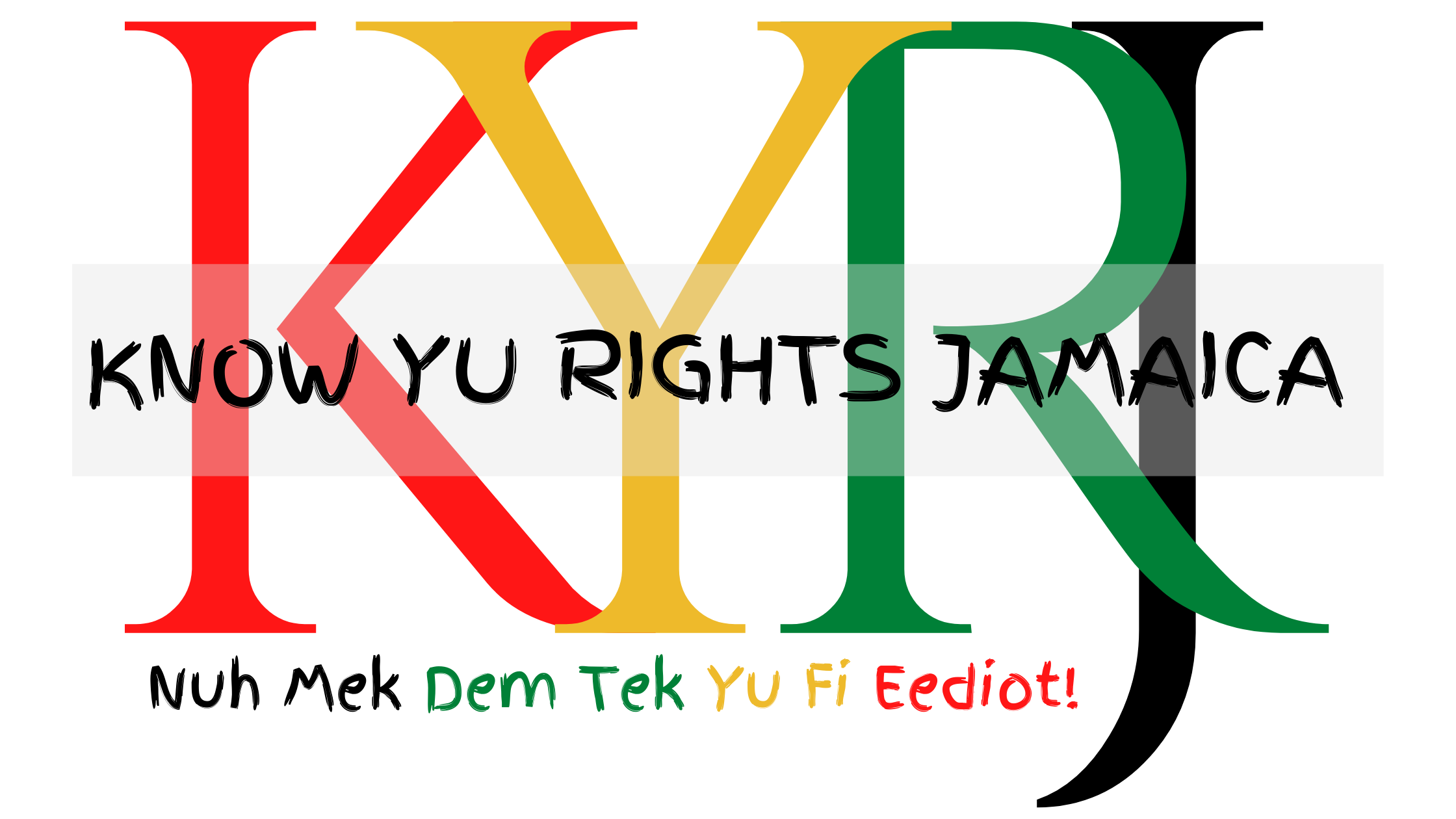DISCLAIMER: The content of this website, by its very nature, is general, whereas each user’s situation is unique. Therefore, please note the information contained within this website is for informational purposes only. All efforts have been executed to present accurate, up to date, and reliable, complete information. No warranties of any kind are declared or implied. Users of this website acknowledge that the Know Yu Rights Jamaica website is not engaging in the rendering of legal, financial or professional advice.
Please read our Privacy Policy & Terms of Use for further information.
Jury duty in Jamaica is a civic responsibility (“civic responsibility” means doing things to help our community and make it a better place for everyone) where eligible citizens are randomly selected to serve as members of a jury in a court proceeding.
The purpose of jury duty is to ensure a fair and impartial legal system by allowing a cross-section of the community to participate in the justice process. Here are key aspects and the importance of jury duty in Jamaica:
- Random Selection: Jury duty involves the random selection of citizens using the voter’s list and/or TRN databases, or other sources to form a diverse and representative jury.
- Legal Obligation: Selected individuals are legally obligated to serve on a jury when called upon. This obligation is an essential component of a democratic legal system and is designed to promote fairness and justice. Failure to show up may result in a fine of up to $10,000.
- Impartial Decision-Making: Jurors are expected to approach cases with an open mind, free from bias or prejudice. This impartiality is crucial to ensuring a fair trial and the just resolution of legal disputes.
- Community Representation: By involving citizens from various backgrounds and walks of life, jury duty aims to ensure that the legal system reflects the values and perspectives of the community.
- Checks and Balances: Jury duty serves as a check on government power and provides a balance to the authority of judges and attorneys. Jurors have the responsibility to decide guilt or innocence.
- Public Trust: The participation of ordinary citizens in the legal process enhances public trust and confidence in the justice system. It reinforces the idea that justice is not only administered by legal professionals but also by the people themselves.
- Educational Experience: Serving on a jury provides citizens with a firsthand understanding of the legal system, fostering civic education and engagement. It allows individuals to witness the application of law in real-life situations.
- Promoting a Just Society: Jury duty contributes to the idea of justice being a collective responsibility. It reinforces the principle that individuals have a duty to participate in the functioning of a just and fair society.
Jury Duty Exemptions
According to The Jury Act of Jamaica, the following persons are exempt from serving on a jury:
- Members and spouses of members of the Privy Council, Cabinet, Senate and House of Representatives.
- Judges and spouses of Judges of the Court of Appeal.
- Judges and spouses of Judges of the Supreme Court.
- The Master in Chambers and the spouse of the Master in Chambers.
- The Registrar and spouse of the Registrar of the Supreme Court.
- Judges and spouses of Judges of the Family Court.
- Judges and spouses of Judges of the Traffic Court.
- Resident Magistrates and spouses of Resident Magistrates.
- Custodes of parishes.
- The Mayor and Deputy Mayor of the Kingston and Saint Andrew Corporation.
- Mayors and Deputy Mayors or chairmen and vice chairmen of Parish Councils.
- Councillors of the Kingston and Saint Andrew Corporation and of the Parish Councils.
- Officers holding appointments and receiving salaries in the public service of Jamaica.
- Attorneys-at-law in actual practice.
- Ministers of religion, following no secular occupation.
- Medical practitioners in actual practice.
- Secretaries of Parish Councils.
- School teachers.
- Teachers in-
- the University of the West Indies, the College of Arts, Science and Technology or Teachers Training Colleges; or
- any institution providing higher education of a standard comparable to that provided by the institutions specified above.
- Persons engaged in a supervisory or technical capacity in any business concerned in the operation of commercial aircraft.
- Masters or captains of vessels actually serving as such.
- Pilots legally appointed and actually sewing as such.
- Lighthouse keepers.
- Wharfingers within the meaning of the interpretation section of The Wharfage Act, subject to the following conditions:
- that the exemption extends to one person only in respect of each public wharf, and
- that the person claiming the exemption shall claim the same by notice in writing under his hand addressed to the Clerk of the Courts of the parish in which the public wharf is situated, and delivered to him on or before the first day of August in each year.
- Dental practitioners registered under the Dental Act.
- Veterinary Surgeons registered under the Veterinary Act.
- Registered Pharmacists dispensing drugs and poisons under the Pharmacy Act.
- Commonwealth citizens performing diplomatic or consular duties.
- Officers, non-commissioned officers and men of the Regular Force and Reserve Force of the Jamaica Defence Force.
- Superintendent of Roads and Works.
- Inspectors of Poor.
- City Engineer.
- Persons registered under the Professions Supplementary to Medicine Act.
- Persons registered under the Nurses and Midwives Act.
- Persons enrolled as students in any school, college, university or other institution of learning.
- The Director of Elections, members of staff of the Electoral Office and other employees of the Electoral Advisory Committee.
Jury Duty And Work
The Jury Act of Jamaica states the following:
If an employee is called for jury duty, they have the right to take time off from work without losing pay or any other benefits they normally receive.
If an employee is called for jury duty, they should promptly notify their employer about it as soon as possible.
If an employer receives a jury duty summons for an employee, they should promptly inform the employee about it as soon as reasonably possible.
Where an employee is served a summons, their employer shall not:
- Refuse to release the employee for jury service.
- Do any of the following:
- Deprive the employee of remuneration or other benefits.
- Dismiss the employee or threaten the employee with dismissal.
- Take any other punitive action against the employee.
If the employer does any of the things listed above, the affected employee may apply to the Court or to the Industrial Disputes Tribunal for relief.
Where the Court or the Industrial Disputes Tribunal have found that the employer did indeed do any of the things listed above in section “a” and “b”, they may order:
- The reimbursement of lost wages and benefits, as applicable; and
- The reinstatement of the employee, where the employee has been dismissed by the employer due to the employee being summoned for jury service or serving as a juror.

